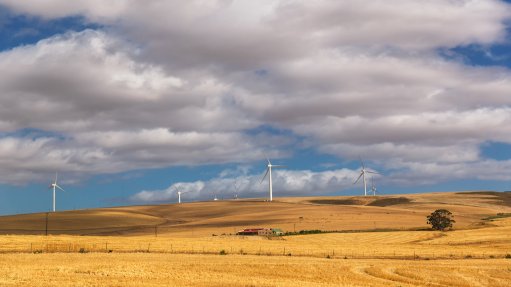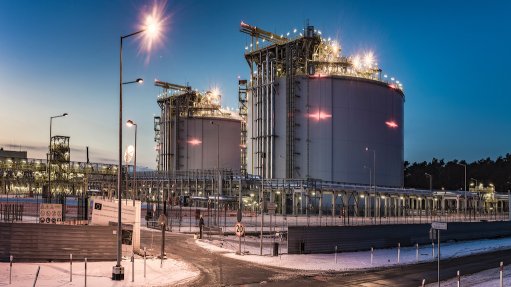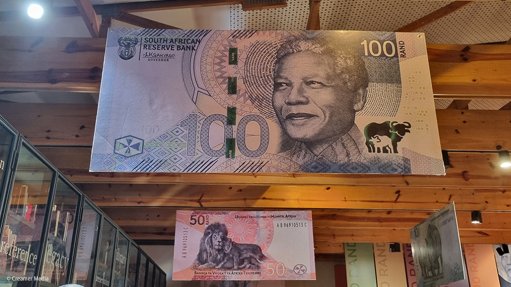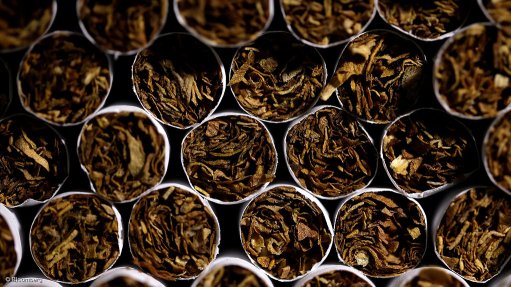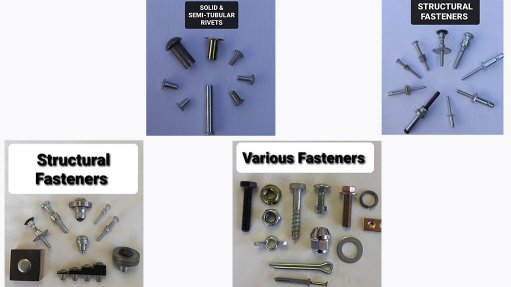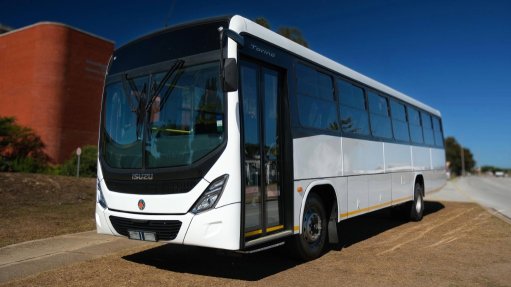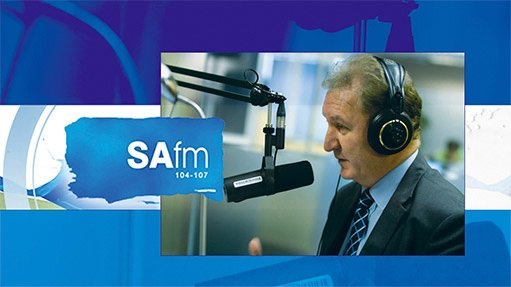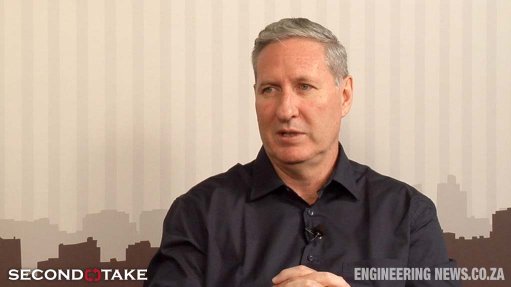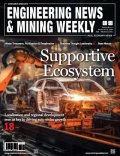SANEDI invites stakeholder engagement for study assessing electric motor energy consumption
This article has been supplied.
According to the International Energy Agency (IEA), electric motors are responsible for 53% of the world’s total electricity consumption. In light of this, initiated by the Department of Mineral Resources and Energy policy, the South African National Energy Development Institute (SANEDI) is expanding its Energy Efficiency Standards and Labelling (S&L) Programme to study the energy use of motors available in South Africa, and suggest new Minimum Energy Performance Standards (MEPS).
Dr Theo Covary, a consultant for SANEDI who is leading the study, explains, “Electric motors are everywhere. They are in our laptops, pool and pond pumps, escalators, lifts, mines, paper mills, power tools etc. They are used in factories and industrial settings, and are kept running for hours at a time, every day. Just a 1% reduction in energy usage from motors would make a huge difference to our national energy consumption.”
Currently there is nothing stopping people from buying motors which are power-hungry. Dr Covary says, “While many countries around the world, such as the EU, China, Brazil, US and India have regulated the motors they are allowed to use, there is little stopping them from selling IE0 motors (with no energy efficiency classification) to South Africa, effectively dumping old technology and locking users into higher operational costs over the long term. Research has shown that the upfront cost and maintenance of a motor is less than 5%, the other 95% is electricity.”
SANEDI’s techno-economic study into electric motors started in early June 2021, a Cabinet requirement to identify the most appropriate regulatory mechanism and is expected to take six months to complete. This study will identify and establish the existing market size, annual sales volumes and baseline efficiency classes of electric motors sized between 0.75 and 375kW in South Africa. It will undertake an economic analysis and stakeholder consultation to identify the most cost-effective MEPS for electric motors in South Africa, in line with international standards, common trade partners and compatibility with the local industry.
Dr Covary adds that stakeholder engagement is a key success factor, “We invite stakeholders to participate in our research and make their voices heard. Market assessment is vital, and we need the help of industry associations, major distributors and manufacturers, large consumers in industry, as well as academia and government. This will ensure that the proposed MEPS strike a balance between achieving an ambitious decrease in electricity consumption and greenhouse gas emissions whilst ensuring that the MEPS regulations are not detrimental to the businesses currently operating in this field.”
SANEDI’s S&L Programme was created with the support of the South African Bureau of Standards (SABS) and National Regulator for Compulsory Specifications (NRCS), and ultimately aims to inform consumers of the energy efficiency of the products they purchase. “The programme has been successful in establishing MEPS for many household appliances in South Africa. Considering the ubiquity and long operating periods of motors, this study was deemed a fitting next phase of the programme. Electric motors provide a major opportunity to improve the country’s industrial competitiveness. MEPS for motors were first introduced in the 90’s, and the above-mentioned countries are already on their 2nd and 3rd revisions. We cannot be left behind any longer.” explains Dr Covary.
SANEDI’s Programme Manager for Appliance Standards and Labelling- Ms. Ashanti Mogosetsi, is inviting stakeholders who are interested in engaging SANEDI on this study to share their contact details to be added onto the database for the upcoming stakeholder workshop to be hosted at the end of August 2021 by emailing ashantim@sanedi.org.za. “Now is the time for the industry to participate in the consultation process, raise concerns, provide suggestions, and play their part in driving the nation’s energy efficiency agenda,” concludes Mogosetsi.
Article Enquiry
Email Article
Save Article
Feedback
To advertise email advertising@creamermedia.co.za or click here
Comments
Press Office
Announcements
What's On
Subscribe to improve your user experience...
Option 1 (equivalent of R125 a month):
Receive a weekly copy of Creamer Media's Engineering News & Mining Weekly magazine
(print copy for those in South Africa and e-magazine for those outside of South Africa)
Receive daily email newsletters
Access to full search results
Access archive of magazine back copies
Access to Projects in Progress
Access to ONE Research Report of your choice in PDF format
Option 2 (equivalent of R375 a month):
All benefits from Option 1
PLUS
Access to Creamer Media's Research Channel Africa for ALL Research Reports, in PDF format, on various industrial and mining sectors
including Electricity; Water; Energy Transition; Hydrogen; Roads, Rail and Ports; Coal; Gold; Platinum; Battery Metals; etc.
Already a subscriber?
Forgotten your password?
Receive weekly copy of Creamer Media's Engineering News & Mining Weekly magazine (print copy for those in South Africa and e-magazine for those outside of South Africa)
➕
Recieve daily email newsletters
➕
Access to full search results
➕
Access archive of magazine back copies
➕
Access to Projects in Progress
➕
Access to ONE Research Report of your choice in PDF format
RESEARCH CHANNEL AFRICA
R4500 (equivalent of R375 a month)
SUBSCRIBEAll benefits from Option 1
➕
Access to Creamer Media's Research Channel Africa for ALL Research Reports on various industrial and mining sectors, in PDF format, including on:
Electricity
➕
Water
➕
Energy Transition
➕
Hydrogen
➕
Roads, Rail and Ports
➕
Coal
➕
Gold
➕
Platinum
➕
Battery Metals
➕
etc.
Receive all benefits from Option 1 or Option 2 delivered to numerous people at your company
➕
Multiple User names and Passwords for simultaneous log-ins
➕
Intranet integration access to all in your organisation






